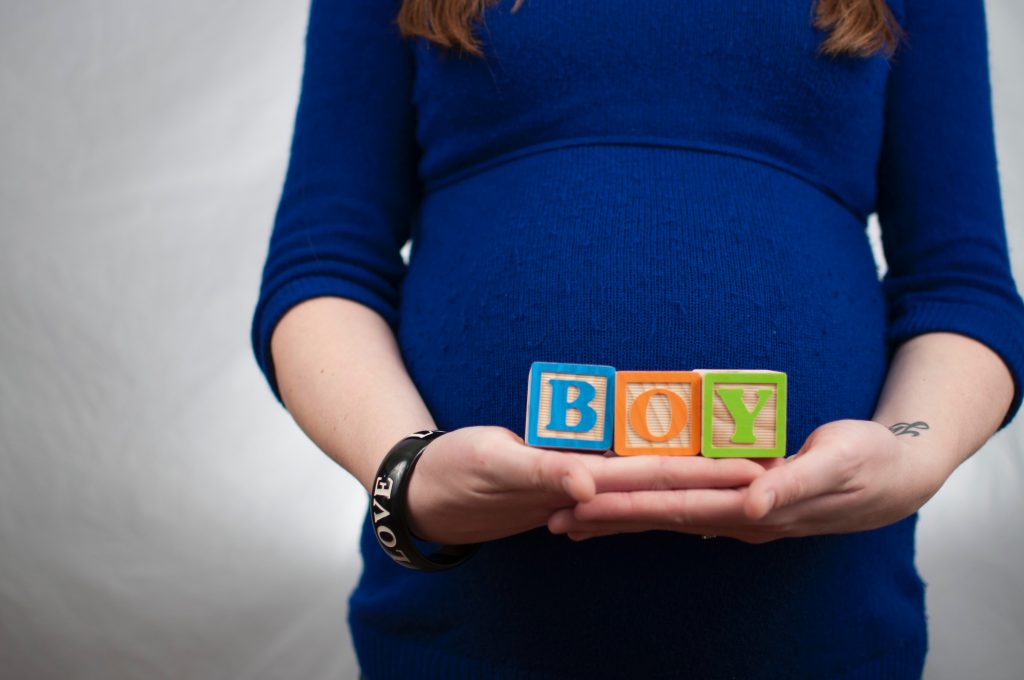Do pregnant women with COVID-19 pass pass antibodies to their babies? Little was known until now. A study presented at the 2021 Society for Maternal-Fetal Medicine’s (SMFM) annual meeting, The Pregnancy Meeting™, unveiled findings that suggest women who contract COVID-19 during pregnancy make antibodies, but that transfer of these antibodies to their infants is less than expected.
Specifically, the study looked at immunoglobulin G (IgG) and neutralization activity, a measure of the potency of antibody response, in the maternal immune system. IgG antibodies make up approximately 75 percent to 80 percent of all the antibodies in the body and can cross the placenta to the fetus. Neutralizing antibodies block infection and make viruses less active.

“A recent study analyzed maternal antibody response to infection, but our study is the first to look at the maternal immune response and neutralizing antibodies,” said one of the study’s lead authors Naima Joseph, MD, MPH, a clinical fellow in maternal-fetal medicine at Emory University School of Medicine and a member of the SMFM COVID-19 Task Force. “We also looked at the transfer of those antibodies across the placenta to the fetus.”
The study analyzed maternal and umbilical cord blood samples from 32 women who tested positive for COVID-19 during pregnancy.
- Of the maternal samples collected, 100 percent contained IgG and 94 percent contained neutralizing antibodies.
- Of the cord blood samples, 91 percent contained IgG and 25 percent contained neutralizing antibodies.
“What was interesting about this study is that even if a woman was asymptomatic, she still developed high levels of COVID-19 IgG and neutralizing antibodies,” said Joseph.
“A major way that infants are protected from infection is from the antibodies that they receive in utero, so whether a woman was asymptomatic or not, we would have expected to see a higher percentage of antibodies transferred from mother to infant, especially neutralizing antibodies,” said another of the study’s lead authors, Martina L. Badell, MD, a maternal-fetal subspecialist and associate professor at Emory University School of Medicine.
“The next step is to understand why antibody transfer is different in COVID-19 infection from other infections and whether the transfer of these antibodies increases when we vaccinate a pregnant woman,”said Dr. Badell.
For more in COVID-19 and pregnancy from Dr. Joseph, click here, and vaccinations for pregnant women, click here for recommendations from the American Journal of Obstetrics and Gynecology.





